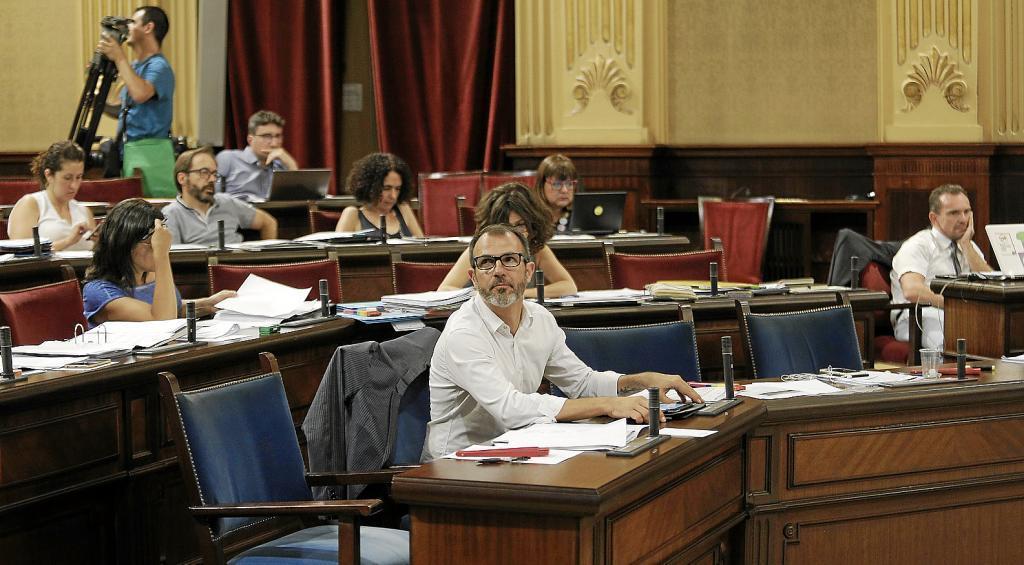Tourism minister Biel Barceló described it as a "Frankenstein". Others said that it was dead at birth. For once, groups usually at loggerheads with each other - the hoteliers federation, environmentalists GOB, the Aptur association - were in agreement. The holiday rentals' legislation, approved on Tuesday, was useless.
While the bill dealt with much more than just the commercialisation of apartments for tourist rental, establishing a regulatory regime for apartments was at the heart of the legislation. Because of objections from Podemos, this proved to be impossible. The outcome was that apartment rentals could neither be authorised nor prohibited, creating a state of legal uncertainty and total confusion.
It rapidly became clear, and the government's legal advice made it clear, that the system of fines in the legislation was rendered almost unworkable by this uncertainty: these are the fines for owners advertising unlicensed accommodation and for websites which carry them.
Podemos were criticised for having sided with the Partido Popular, whose 2012 tourism law expressly prohibited commercialisation. The party's "partners", i.e. PSOE and Més, started to make political capital out of this. Podemos are now backtracking. During a meeting yesterday, Barceló convinced them of the need to revise the legislation in order to remove the uncertainty created. The Podemos parliamentary spokesperson, Laura Camargo, hinted that she doesn't see "any real problem in doing this".
Podemos still want a declaration of "emergency housing" for Palma and Ibiza. It was the non-inclusion of this in the legislation which was the principal reason why Podemos objected. The minister responsible for the upcoming housing law, Marc Pons, was at the meeting yesterday. In principle, the government has agreed to include this emergency provision in the housing law. Podemos appear to accept this as a solution, yet it is understood that the government had promised this prior to Tuesday's vote.
The legislation will come into force by being published on the Official Bulletin, but modification is likely to be swift and may come in the form of a government decree.


2 comments
To be able to write a comment, you have to be registered and logged in
The first thing I thought of also was 'what a waste of money this whole pet project of Sr. Barceló has been'. Here we always have to pay Madrid far more than we receive back from them. It seems unfair - but rich regions have to compensate for the poor ones. Every euro here should be put to good use and not squandered on the whims of those in power. This whole exercise has been nothing more than an egotrip for the tourism minister. He has done irrevocable damage to the Balearics. We may have some 'saturation' at the moment but we should be happy with this and be grateful that tourists are coming as this is the lifeblood of our islands. This will level out anyway as families find cheaper countries to holiday in. His latest tourist tax blunder will see to that. Time for him to go now.
What a tragedy that in Mallorca we have so many ministers robbing us of their wages for doing nothing except trying to ban everything. There really is nothing broken that needs fixing with private holiday rentals, apart from Hacienda's job to check and make sure owners pay their taxes. This recent project to change the legislation, which has cost the taxpayer millions, goes against all the established and fundamental laws in a european democratic society, that why the governments are finding it impossible to implement it. It's illegal to discriminate who and where one can advertise ones services, and any tribunal will throw out any fines for it. It's high-time these corrupt ministers were thrown out and had to look for a proper job, with little or no intelligence required.